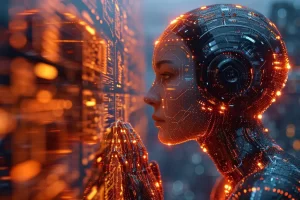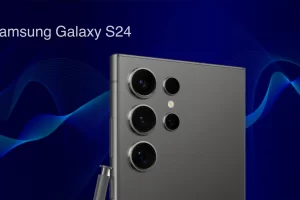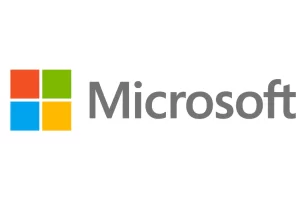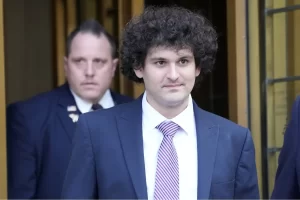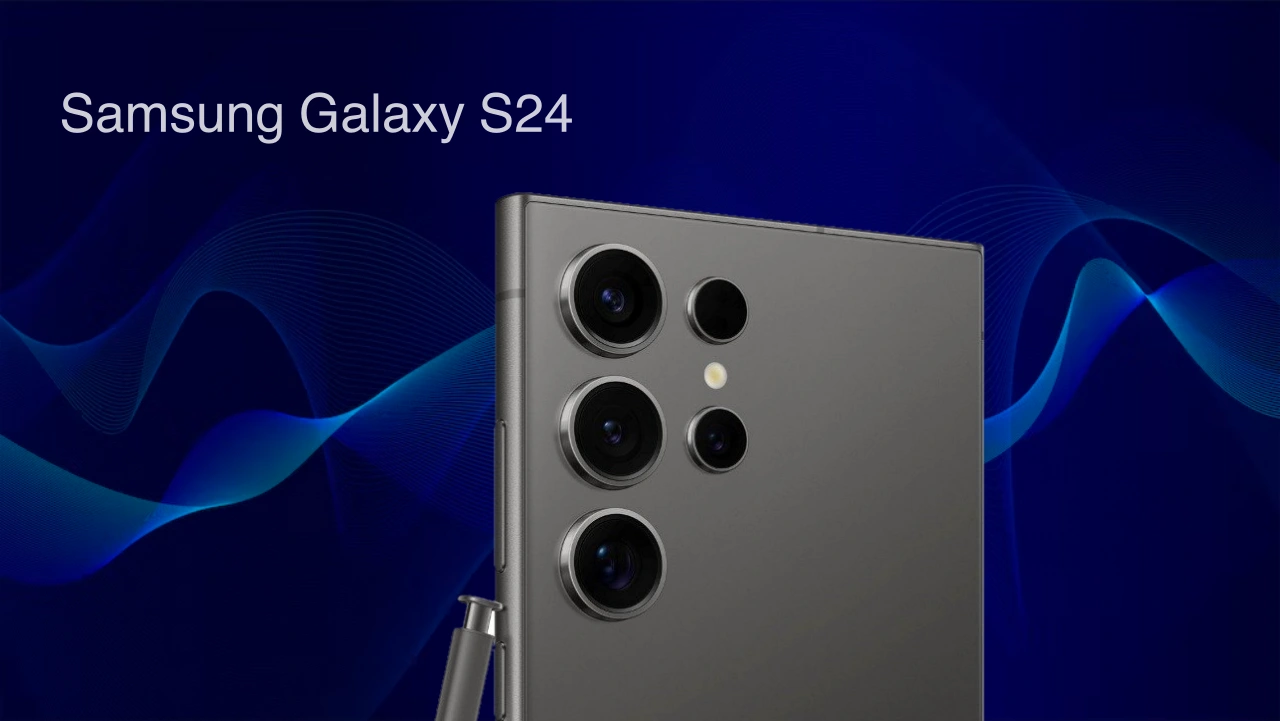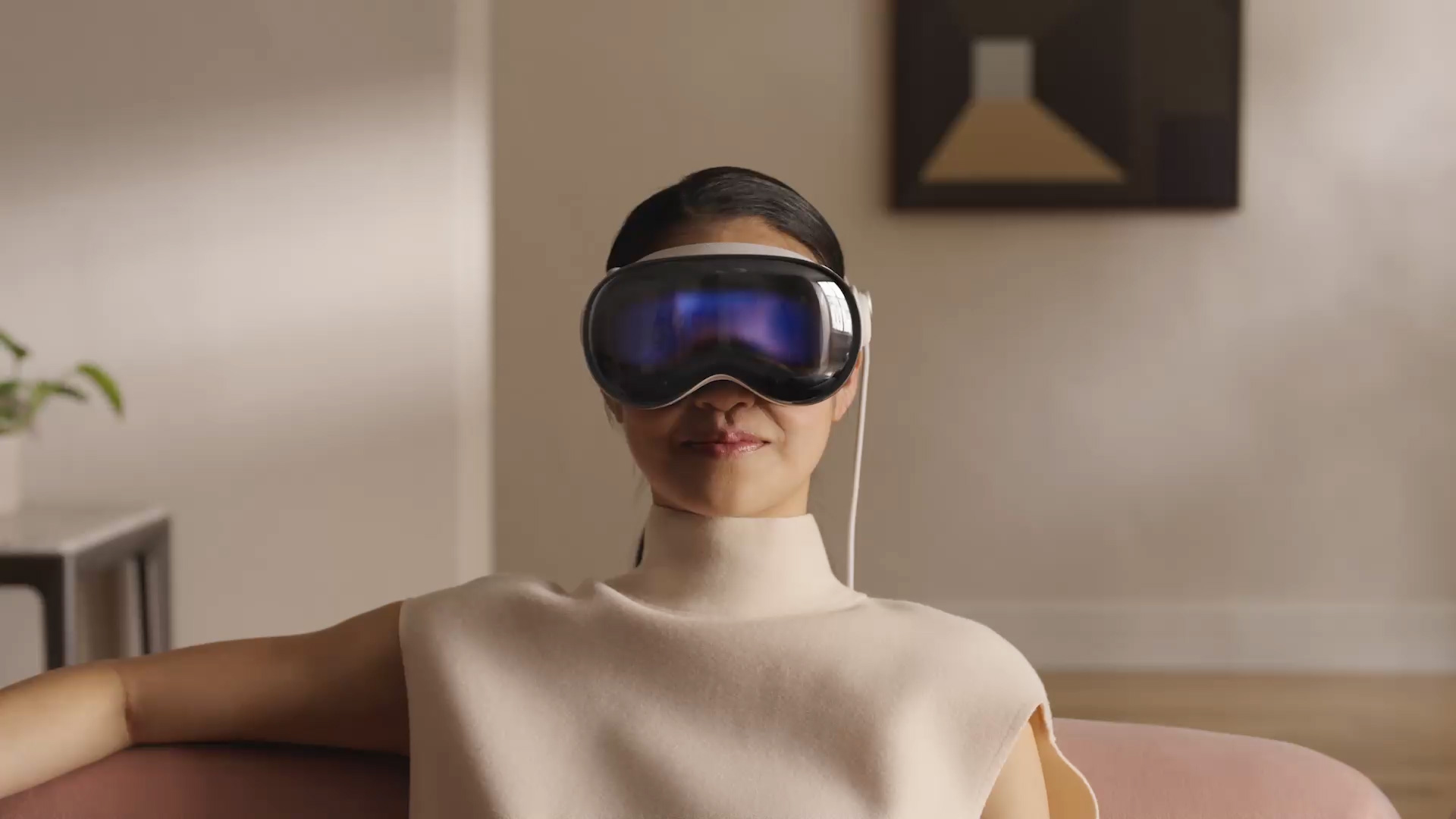In a legal twist, OpenAI and its corporate ally Microsoft find themselves entangled in a lawsuit filed in the Manhattan federal court. Nonfiction authors Nicholas Basbanes and Nicholas Gage contend that their literary works were misappropriated to train the artificial intelligence models underpinning ChatGPT and various other AI-based services. This proposed class action asserts that OpenAI and Microsoft, in their pursuit of advancing AI capabilities, violated copyrights by incorporating segments of Basbanes and Gage’s books into the training data for OpenAI’s GPT large language model.
The Alleged Infringement
Basbanes and Gage, both former journalists, have taken a stand against what they perceive as the unauthorized use of their creative output. The lawsuit mirrors a broader trend where authors, both from the fiction and nonfiction realms, are stepping forward to challenge tech giants over the alleged exploitation of their intellectual property in training AI programs. Notable figures, including comedian Sarah Silverman and “Game of Thrones” author George R.R. Martin, have also raised similar concerns.
The Emerging Legal Landscape
This legal saga has gained momentum as even renowned institutions like The New York Times joined the fray, suing OpenAI and Microsoft for the utilization of journalists’ work in training AI applications. The implications are profound, as these cases shed light on the evolving intersection of intellectual property and artificial intelligence.
The Authors’ Perspective
Representing Basbanes and Gage, lawyer Michael Richter expresses strong disapproval, deeming it “outrageous” that their works could power a burgeoning billion-dollar-plus industry without due compensation. This sentiment underscores the authors’ pursuit of justice and fair remuneration for the use of their literary creations in shaping cutting-edge AI technologies.
Industry Ramifications
The legal actions against OpenAI and Microsoft pose critical questions about the ethical dimensions of AI training data acquisition. As the industry burgeons, issues of compensation, consent, and attribution become paramount. The repercussions of these lawsuits may prompt a paradigm shift in how AI developers engage with and compensate content creators.
The Response from OpenAI and Microsoft
At the time of reporting, representatives for Microsoft and OpenAI have not provided comments on the allegations. The silence from the companies raises anticipation about their stance in the face of these legal challenges.
Conclusion
The convergence of legalities, technological advancements, and intellectual property rights in the realm of AI training data is generating seismic ripples. This legal battle between OpenAI, Microsoft, and the aggrieved authors epitomizes the complex interplay between creativity, innovation, and the legal frameworks that seek to balance these forces. As this narrative unfolds, it beckons a closer examination of the ethical and legal responsibilities incumbent upon AI developers in harnessing the intellectual fruits of others. Only time will reveal the implications this legal confrontation may have on shaping the future landscape of AI development and intellectual property rights.







